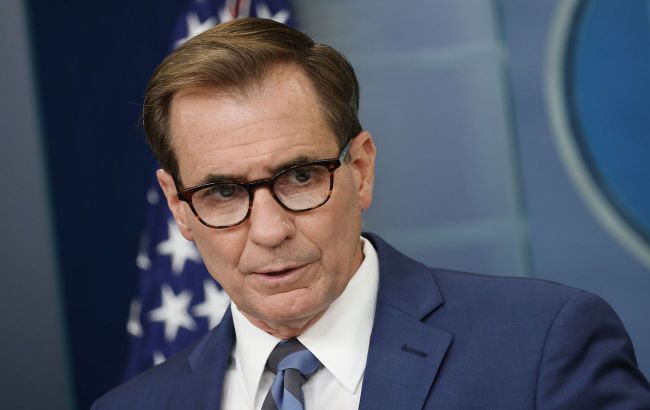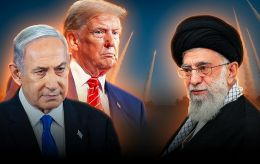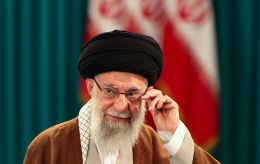White House reports progress in ceasefire talks for Gaza Strip
 Photo: White House spokesperson John Kirby (getty images)
Photo: White House spokesperson John Kirby (getty images)
The White House announced on Friday that ceasefire talks between Israel and Hamas held in Cairo were constructive and will continue over the weekend. The US and its Middle Eastern allies are maintaining pressure on both Israel and Hamas to reach an agreement, according to AP.
CIA Director William Burns and Brett McGurk, a senior adviser on the Middle East to President Joe Biden are leading the US delegation in the talks, which began on Thursday amid significant disagreements between Israel and Hamas. Israel insists on maintaining its forces in two strategic corridors in Gaza.
“There has been progress made. We need now for both sides to come together and work towards implementation," White House national security spokesman John Kirby said.
He did not specify the nature of the progress achieved.
Increased diplomatic efforts for ceasefire
Diplomatic efforts to achieve a ceasefire have intensified amid growing fears of a broader regional war following recent targeted killings of Hamas and Hezbollah leaders, for which Israel is blamed.
Israel and Hamas are at odds over the Philadelphi Corridor along Gaza’s border with Egypt and the Netzarim Corridor running east to west across Gaza. Hamas demands a complete withdrawal of Israeli troops from the region.
Israeli Prime Minister Benjamin Netanyahu insists that Israel will control the Philadelphi Corridor to prevent Hamas from rearming and repeating the attack on Israel that occurred on October 7. He has also denied reports that Israel is prepared to accept international forces in the corridor.
As a reminder, a week ago Netanyahu accused Hamas of complete stubbornness. He told ministers during a government meeting that he was pessimistic about the chances of reaching an agreement on the release of hostages.
Failed previous attempt at agreement
In July, Hamas initially approved the US-backed proposal for a phased ceasefire in the Gaza Strip. The group abandoned its key demand for Israel to fully halt the war.
The first version of the peace plan failed, largely due to Israel’s reluctance to end hostilities until all Hamas leadership had been eliminated.

